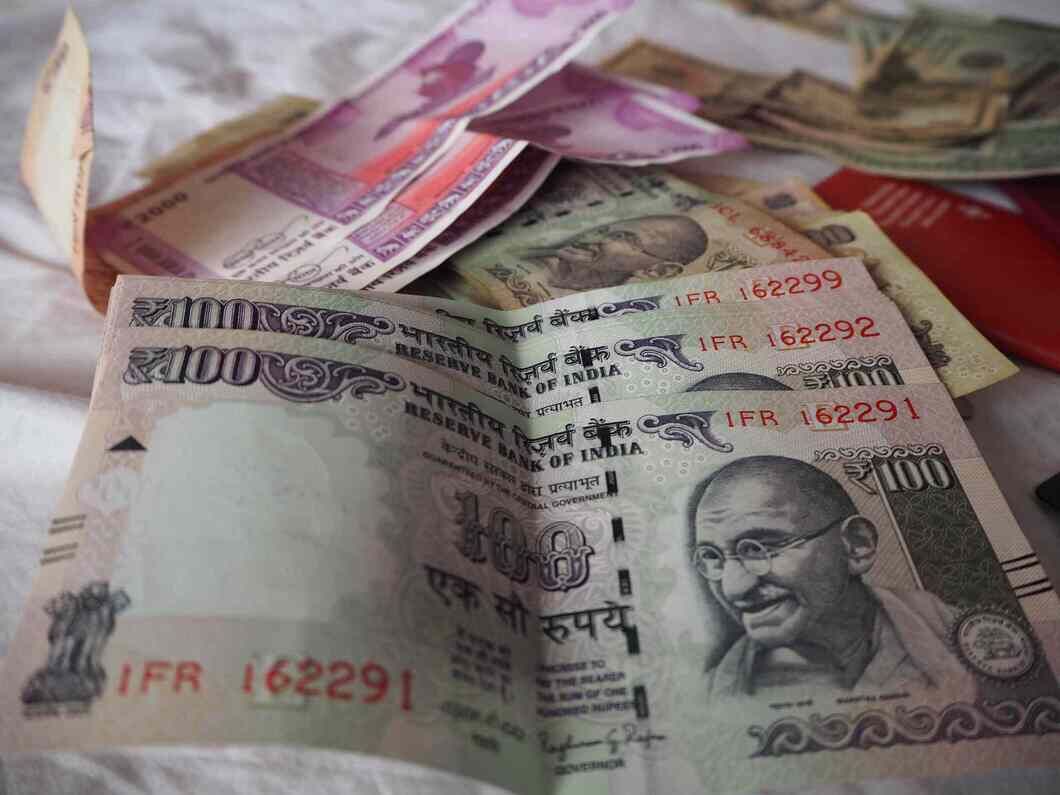Simplifying Life Insurance in India
How Much Money Should You Keep in Your Bank Account?

source: investopedia
In India, most people have bank accounts to save money for future use or in case of emergency. Many individuals have limited sources of income, and after deducting all their needs, they are left with a small amount of money. In this case, people split the funds into savings and disposable income.
This article will discuss how much money you can keep in your bank account and the different savings rules.
How Much Money Can You Keep in the Bank?
There are no certain limitations on how much money you can keep in your bank account. But you must have around six months of your income in the bank as it can be useful in case of emergency. However, due to the increase in inflation rate and instability of jobs, you must save funds in the bank for easy access to fulfil your basic requirements.
Finally, after saving money for an emergency, you must invest the remaining funds in various financial instruments like equities or mutual funds. You can even opt for insurance as it will secure your future and your family's in case of any mishap.
How Much Money Should You Keep in the Bank?
The amount that you should keep in the bank depends on your budget. You should make sure that you withdraw less from the account as it will affect your finances in the future. You should keep at least six months of your income in the savings account as these funds will support you in case of any emergency or financial requirements.
While following the rule of savings, you should consider saving more and contribute more towards this. You can do it by limiting the percentage of wants and depositing those funds to your savings account in the bank.
How Much Money Can You Keep in Emergency Funds in Banks?
Financial emergencies can occur without warning; in this case, you must be ready. Saving money is crucial as you can prepare your emergency funds accordingly as without it you will have a massive impact on your finances. You must also ensure that these funds are liquid to use whenever required.
How much money you can keep in your bank account as emergency funds depends on your income, expenses and savings amount. However, it is suggested that you must have at least three to six months of your living expenses as emergency funds. Further, if your income fluctuates, you should try saving more for any emergency.
What Are the Different Rules of Savings?
1. 50/30/20 Rule
It is a budgeting rule that assists you in distributing your income into three different sections: 50% on your needs which includes paying the bills, rent, mortgage, premium and fetching food and groceries. 30% on your wants such as movie nights, occasional dining, seasonal shopping or leisure travel. The remaining 20% on savings or investments in various financial instruments like securities market, insurance and other sources.
Read More: What is the 50-30-20 Rule
2. 50/15/5 Rule
This is one of the most common rules of saving and budgeting. It helps you in managing your finances well for the future based on your earnings. The earnings are allocated into three categories: 50% for expenses, 15% towards retirement savings and 5% for an emergency fund.3. 80/20 Rule
It is one of the most straightforward rules of budgeting. The main purpose of this is that you should first pay for yourself. It is a by-product of the 50/30/20 rule. The rule involves saving or investing 20% of your income and spending 80% on your needs and wants.4. 70/20/10 Rule
Another budget technique is the 70/20/10 rule, in which you should spend 70% of your income on living expenses, 20% on repayment of debts and the remaining 10% on savings.
More money in your savings account will help you in emergencies and financial constraints. It will help you achieve your financial goals and fulfil your dreams. Therefore, as discussed above, it depends on how much money you can keep in your bank account as savings and emergency funds. But it is advisable to invest in the securities market and buy insurance for future benefits.
FAQs about How Much Cash Should You Keep in the Bank?
Is having money in a savings account a bad idea?
Why should we not pull all money into a savings account?
Is a savings account taxable?
Can life insurance be a better way to secure my family’s future instead of just saving money?
Can I use my term insurance policy as an emergency fund instead of keeping money in a bank?
Other Important Articles Related to Emergency Fund
Important Articles About Financial Planing




















